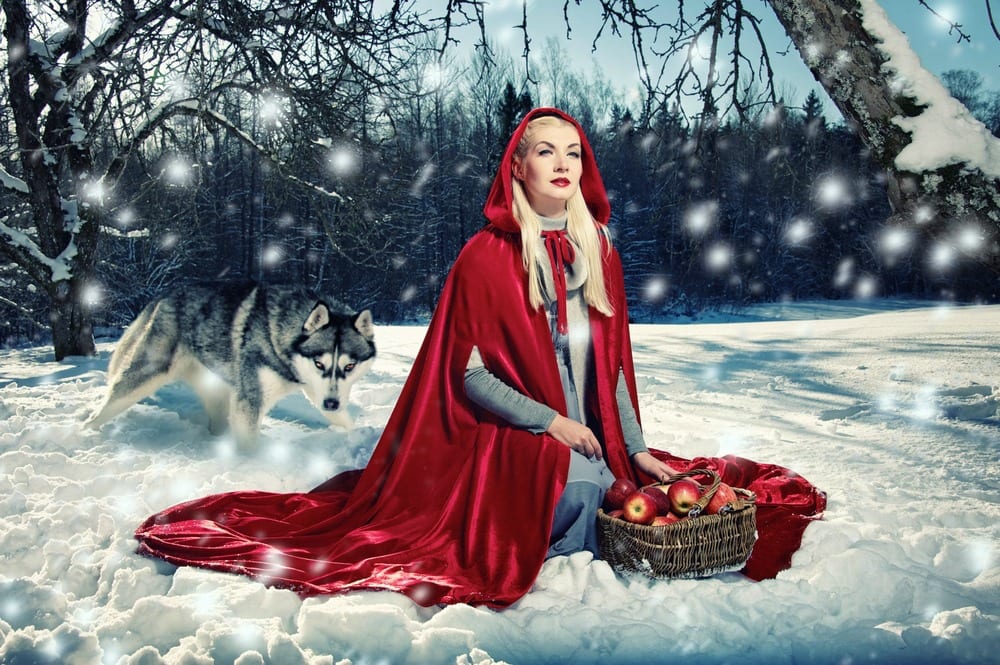Charles Perrault, father of the fairy tale
Charles Perrault, father of the fairy tale
Charles Perrault, father of the fairy tale
-
Hannah
-
Hannah

Have you heard of the 17th-century French writer Charles Perrault? If the name is unfamiliar, I have no doubt that the following will strike a chord:
‘The Sleeping Beauty’
‘Little Red Riding Hood’
‘Cinderella’
‘Puss in Boots’
‘Bluebeard’
It was Charles Perrault who wrote these fairy tales, back in the 1690s. The stories, published as Tales and Stories of the Past with Morals (Histoires ou contes du temps passé), and subtitled Tales of Mother Goose, were based on old folk tales.
Though today fairy tales are often deemed children’s stories, back in the 17th century children’s literature did not exist; in fact, Perrault was writing these tales for his peers who frequented the literary salons of Paris. Many of his peers were impressed, as well they may have been: for Perrault had not simply written some stories, but carved out an important new genre in literature and laid the foundations for so many more writers who would come after him, notably the Brothers Grimm and Hans Christian Anderson.
But the world may never have had the fairy tale (imagine no ‘Cinderella’, no ‘Beauty and the Beast’, no ‘Little Red Riding Hood’!), were it not for Perrault and a group of other intellectuals challenging the status quo in literature in the 17th century.
In what has come to be known as the ‘Quarrel of the Ancients and Moderns’, in England and in France men of words debated hotly whether literature should be new and exciting and imaginative (said the Moderns), or should strictly follow in the footsteps of Classical literature, intimating, not innovating (said the Ancients).
Charles Perrault was at the forefront of the Moderns, arguing their case passionately in the Académie française. Whereas the Ancients, headed by a poet and critic called Boileau, were adamant that the Ancient Greeks and Romans were superior to all – the very apex of human achievement, which none in later eras could surpass – Perrault dared to proclaim that ‘even Homer nods’ (a translation of a line from ‘Ars Poetica’ by the Roman poet Horace in reference to Homer, the Ancient Greek poet; it means that even the most expert in a field is not immune to error).
The Moderns were superior to the Ancients, declared Perrault and his camp. After all, three quite recent inventions were turning the world into a place that would have been unrecognisable to the Ancient Greeks and Romans: gunpowder, the nautical compass and the printing press.
Perrault wrote:
La docte Antiquité dans toute sa durée
A l’égal de nos jours ne fut point éclairée.
(Learned Antiquity, through all its extent,
Was never enlightened to equal our times.)
As civilisation progresses, so does literature evolve, argued the Moderns; this is the right and natural progression. Thus, while we respect and learn from Classical literature, we have no need to imitate it; we evolve our own, modern way of writing.
The Quarrel of the Ancients and Moderns did not end in Perrault’s time. But as the Age of Enlightenment unfolded, progress galloped along at pace, and it became evident that modernity had much to offer over antiquity.
So the next time you come across a fairy tale, be it on the radio, at the movies, in a book, or even in your dreams, you can thank Charles Perrault for inventing the genre – with his little volume of eight simple stories – and calling for the ingenuity, creativity and imagination in literature that we take for granted today.